How to disconnect over the Christmas period
We asked the experts to tell us the best tricks for staying at least six feet away from work devices this holiday season


As expected, this year’s Christmas season will be very different. Travel restrictions, social distancing, and curfews are just a few of the factors to consider when planning this year’s celebrations.
More people than ever before are expected to spend this holiday season alone, choosing to stay at home instead of potentially risk spreading the coronavirus to relatives. Even those who live with their family might find this year’s Christmas less festive than usual, with celebrations being limited or outright cancelled. And, with not much else going on, it might be tempting to use the holidays as some additional time to catch up on work.
However, just because this year is ... a little different, does not mean that time off work is any less important. After the whirlwind that 2020 has been, everyone deserves a break from the usual emails, Slack notifications, and connectivity issues.
That’s why we’ve spoken to psychologists and workplace etiquette experts to find out the best ways to disconnect from our work devices over the holidays – and keep ourselves connected with the Christmas spirit.
A digital Christmas
Recent research from USwitch shows that this December, each person will spend an average of 12 hours using a digital device for Christmas-related activities. This includes buying groceries and online gift shopping, but also video calling and streaming classic Christmas movies.
The results also showed that one in two (55%) of those surveyed plan to video call with family and friends to wish them a Merry Christmas, adding an estimated 1 hour 30 minutes to their holiday screen time. This seems to be only the tip of the iceberg of how technology will dominate this year’s holiday season, however.
According to neurophysiologist Dr Nerina Ramlakhan, the unprecedented increase in remote working in 2020 has blurred the line between work and life more than ever before.
Get the ITPro daily newsletter
Sign up today and you will receive a free copy of our Future Focus 2025 report - the leading guidance on AI, cybersecurity and other IT challenges as per 700+ senior executives
“Now is the ideal time to think long and hard about our relationship with technology and what is and isn’t working for us. Not only during the Christmas holidays but into 2021 and beyond,” she says.
Ramlakhan recommends using the time off to engage in some proper tech-related soul-searching.
“Check in with yourself and how you’re feeling. Be honest about whether your work device is affecting your relationships. What are your energy levels like? Are you becoming depleted? Then consider what you can do differently,” she says. “Let’s go into the new normal with new, healthier habits.”
Socially distanced – but from tech
In order to disconnect yourself from your job responsibilities over the holidays, a good first step is one in the opposite direction from your work laptop – literally.
Ramlakhan says she always recommends users get into the habit of keeping their devices out of the bedroom in order to “avoid the temptation to check your inbox last thing at night or first thing in the morning”.
“Sticking to an electronic sundown before bed will also help your sleep quality – this means switching off from all tech, work related or otherwise, for an hour before settling down for the night,” she tells IT Pro.
This is especially important as, before working from home became the norm, the walls of the office building provided a physical limit to where work should be done. Leaving through the office building doors at 5 or 6pm usually signified that we could now focus on ourselves and, while nowadays we know that we can perform our job from anywhere, this is not necessarily always a good thing.
According to Stuart Duff, head of development at workplace psychology firm Pearn Kandola, this poses a challenge which should be directly addressed.
“A lot of people have described 2020 as 'living at work',” he says, adding, “it is going to take some more significant steps than usual to disengage from work.”
Duff recommends setting a simple out of office notification “to tell people – categorically – that you are taking a break over the festive period and that you will not be reading their email”.
Additionally, he also advises taking more drastic steps such as deleting the email app from your personal smartphone – especially if you use it specifically for your work account.
“After all, this is the thing you will be looking at every few minutes during your break. So, unless you remove the email app, you're always going to be lured back in. Just seeing your email account and that lovely red number increasing will drive you spare, so go on: remove all temptation,” he says.
In fact, this piece of advice can be extended towards any other work-related apps you might have on your personal phone, such as Slack or Trello. You could also take full advantage of your smartphone’s ‘do not disturb’ settings, such as the one offered in iOS, and adjust them so that you only receive the notifications relevant to your time off – after all, you wouldn’t want to miss an invitation to your friend’s Christmas-themed Zoom quiz.
Lastly, make sure you get rid of anything that could remind you of that one project due in mid-January.
“Clear the house of visual signs of work,” says Duff. “Tidy up or shred any papers or notes around the house, completely clear any desk or table space you use, put your laptop or PC into a drawer and lock it up.”
Reconnecting with the Christmas spirit
Locking away all your work devices is one thing, but keeping yourself successfully distracted in order to take full advantage of your time off is a whole different mission.
Ramlakhan recommends the simple, yet often dreaded, solution of good old physical exercise.
“Getting out in nature on a family walk for instance is a great way to boost feel good hormones and leave work devices and stresses behind,” she tells IT Pro.
Those who struggle with anxiety related to not being at work will benefit from some additional movement.
“Try this exercise: Standing up straight with your feet firmly rooted to the ground, begin gently swaying from side to side or shaking your body while keeping your feet grounded. Do whatever feels good and continue for 3-5 minutes. Afterwards you will feel more relaxed and energised,” says Ramlakhan.
Although it might not feel like it, anxieties about job security are often more based on personal insecurities than actual evidence, as pointed out by chartered psychologist and Thrive Matters founder, Portia Hickey.
“Even if they are based on evidence (because you know for a fact that your job is at risk) worrying about it is likely to be a waste of time and emotional energy,” she says.
“If you are committed to worrying about your job security, try making ‘worry appointments’. Set the worry appointment to coincide with an activity that requires little cognitive resource and enables mind wandering such as going for a walk. This will help you to stop the worry being on your mind all the time and interrupting your holiday.”
Setting an example
Lastly, if you’re not going to do it for yourself, at least do it for others, whether it be your children, parents, significant other, or employees.
According to Dr Samantha Evans, a lecturer in Employee Relations and Human Resources Management at the University of Kent, employees higher-up should set an example for their subordinates.
"One of the best ways for organisations to encourage their employees to disconnect is to 'lead from the top' with leaders and managers staying offline to avoid their staff feeling compelled to read or respond to emails,” she says.
“Such role modelling sends clear messages to employees about the importance of taking a break, in every sense, from work. Think of work emails as the opposite of Christmas cheer - some things that aren't meant to be shared."
After all, it is to everyone’s benefit that the entire staff returns to work in the New Year feeling refreshed and ready to take on new challenges – although maybe not as difficult and unprecedented as the ones thrown at us throughout 2020.
Having only graduated from City University in 2019, Sabina has already demonstrated her abilities as a keen writer and effective journalist. Currently a content writer for Drapers, Sabina spent a number of years writing for ITPro, specialising in networking and telecommunications, as well as charting the efforts of technology companies to improve their inclusion and diversity strategies, a topic close to her heart.
Sabina has also held a number of editorial roles at Harper's Bazaar, Cube Collective, and HighClouds.
-
 Should AI PCs be part of your next hardware refresh?
Should AI PCs be part of your next hardware refresh?AI PCs are fast becoming a business staple and a surefire way to future-proof your business
By Bobby Hellard
-
 Westcon-Comstor and Vectra AI launch brace of new channel initiatives
Westcon-Comstor and Vectra AI launch brace of new channel initiativesNews Westcon-Comstor and Vectra AI have announced the launch of two new channel growth initiatives focused on the managed security service provider (MSSP) space and AWS Marketplace.
By Daniel Todd
-
 Young tech professionals are shunning a full-time return to the office – unless it pays more
Young tech professionals are shunning a full-time return to the office – unless it pays moreNews Young tech professionals who entered the workforce post-pandemic expect on-site work to be paid more than remote options.
By Emma Woollacott
-
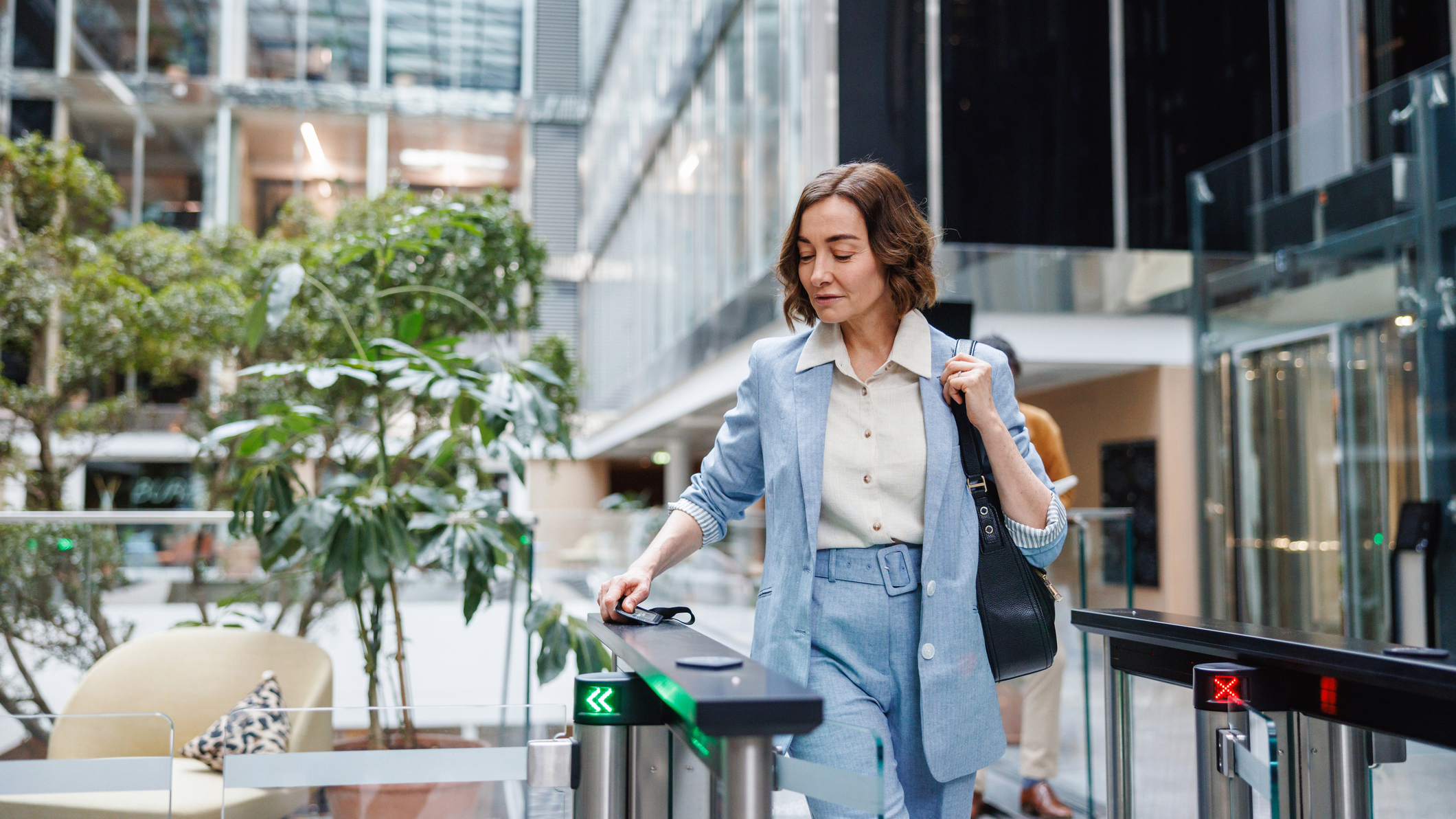 ‘Employers must look at the bigger picture’: Brits aren’t keen on going back to the office, and enterprises pushing for it risk a talent exodus – 48% of UK professionals would quit if faced with a full RTO mandate as hybrid work remains popular
‘Employers must look at the bigger picture’: Brits aren’t keen on going back to the office, and enterprises pushing for it risk a talent exodus – 48% of UK professionals would quit if faced with a full RTO mandate as hybrid work remains popularNews Nearly half of professionals would consider quitting rather than returning to the office full time
By Nicole Kobie
-
 IT professionals aren’t budging on flexible work demands – and more than half say they’ll quit if employers don’t meet expectations
IT professionals aren’t budging on flexible work demands – and more than half say they’ll quit if employers don’t meet expectationsNews Analysis from Randstad shows 40% of UK-based IT pros have quit over a lack of flexible work options, while 31% of workers globally have done the same.
By Ross Kelly
-
 Employees are dead set on flexible working arrangements – three quarters would turn down a role that didn't offer hybrid options as work-life balance becomes more important than pay
Employees are dead set on flexible working arrangements – three quarters would turn down a role that didn't offer hybrid options as work-life balance becomes more important than payNews New research shows workers are increasingly demanding flexible working arrangements from employers.
By Emma Woollacott
-
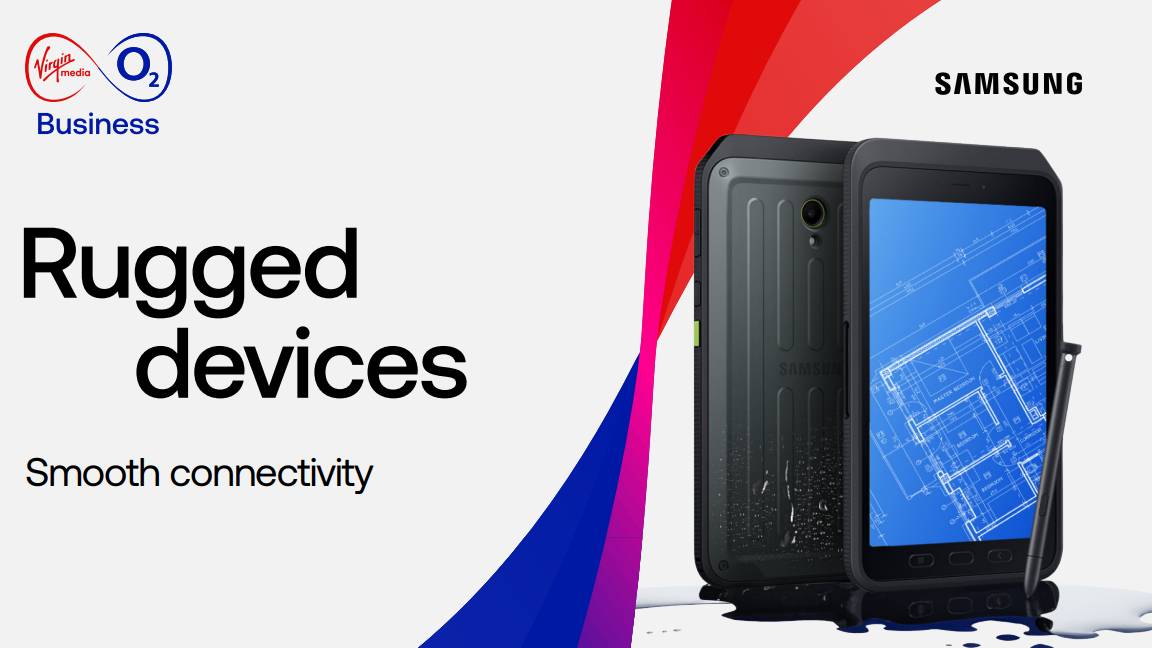 Rugged devices
Rugged devicesWhitepaper A closer look at the challenges and rewards of fully supporting a flexible workplace
By ITPro
-
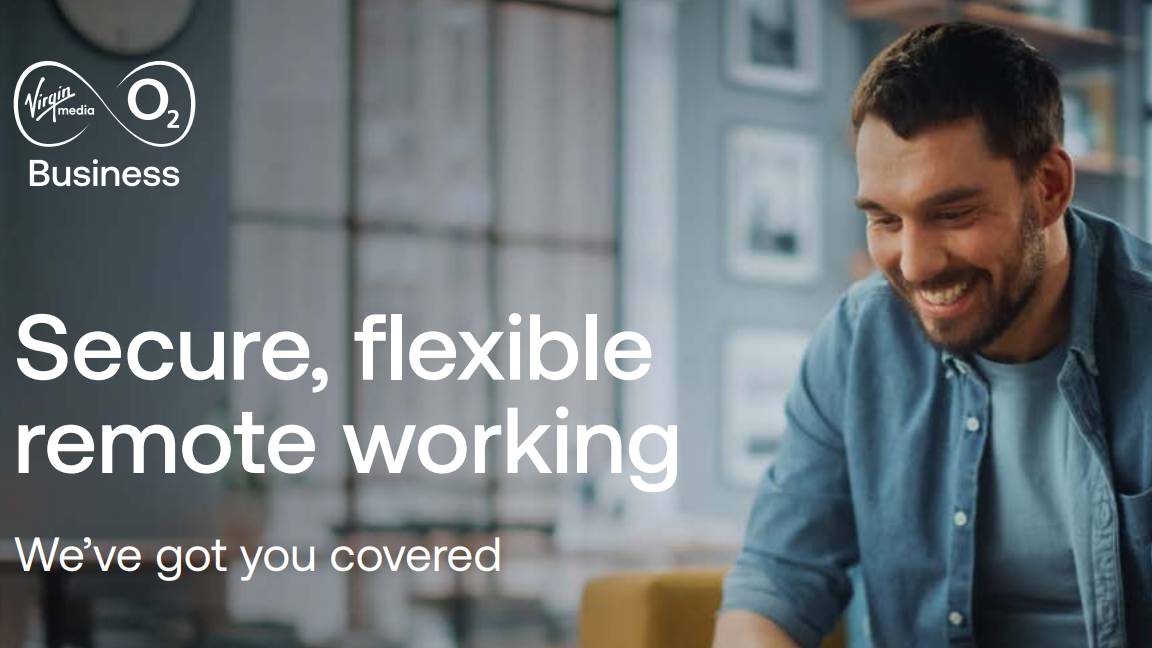 Secure, flexible remote working
Secure, flexible remote workingWhitepaper A closer look at the challenges and rewards of fully supporting a flexible workplace
By ITPro
-
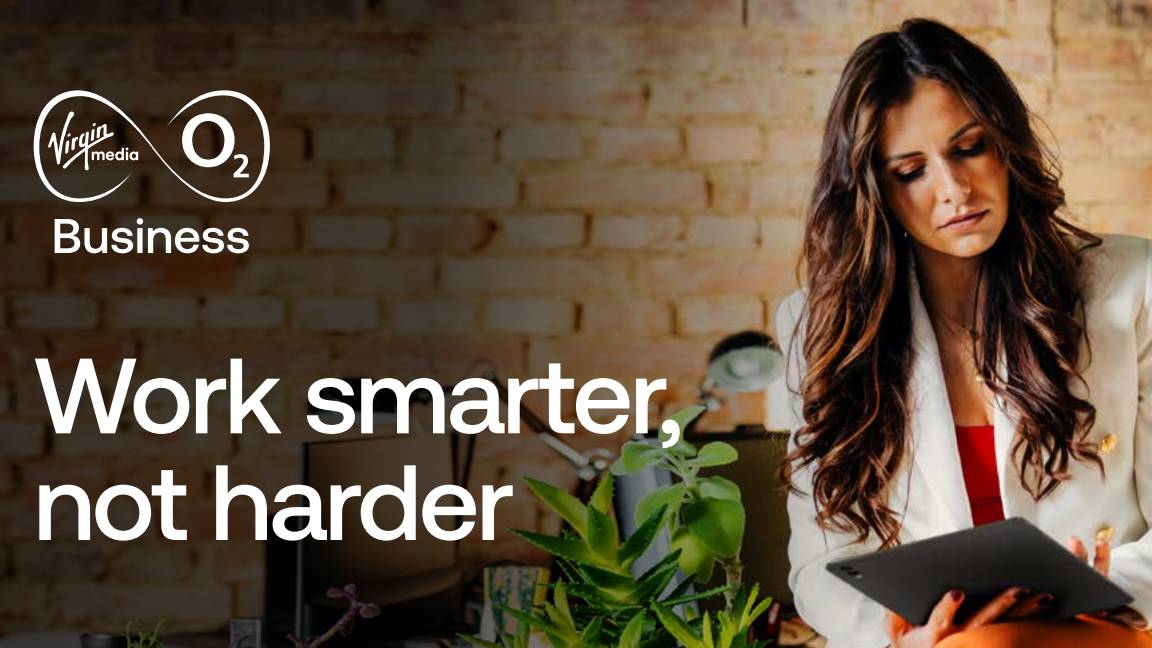 Work smarter, not harder
Work smarter, not harderWhitepaper A closer look at the challenges and rewards of fully supporting a flexible workplace
By ITPro
-
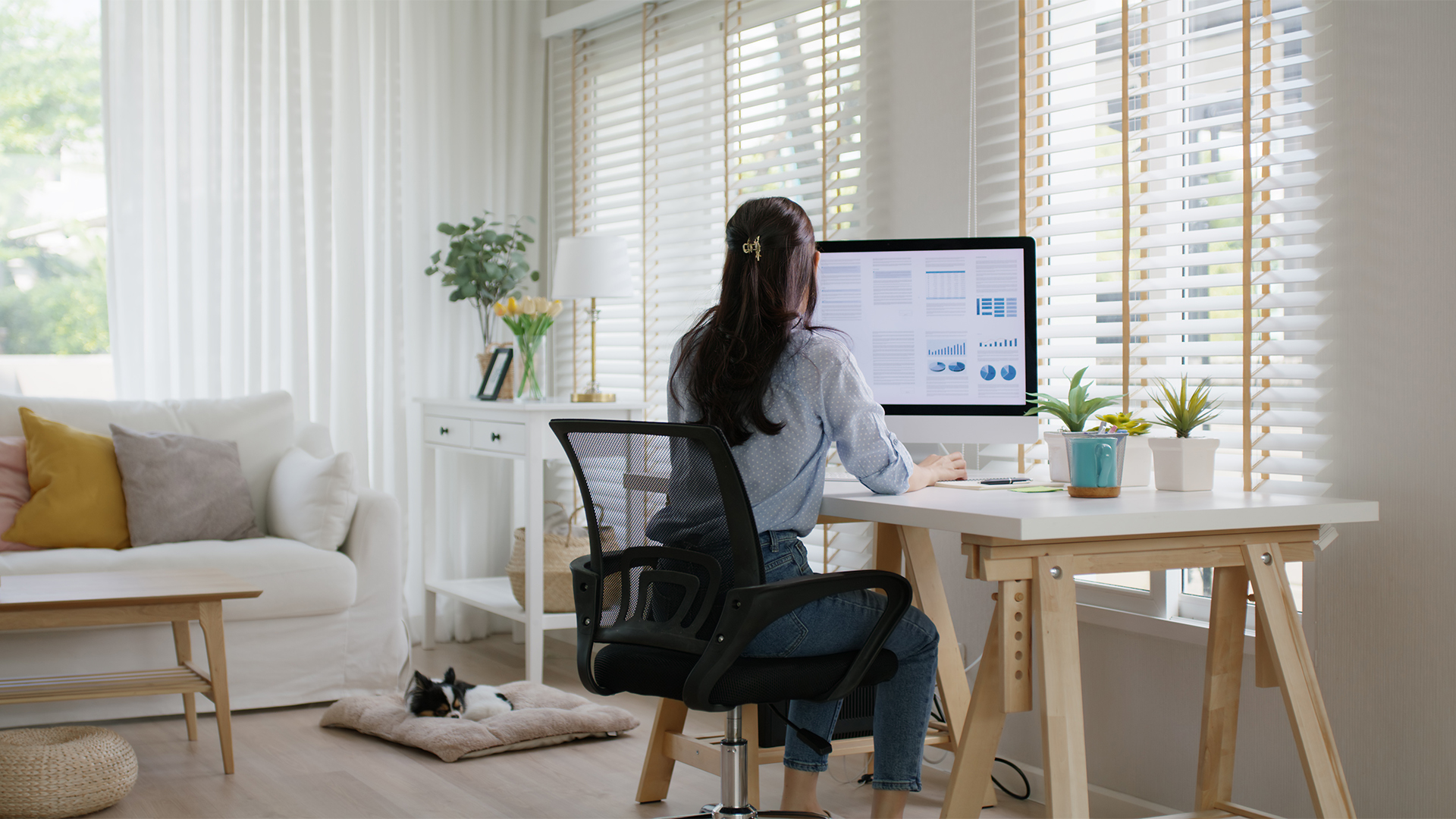 Cracks begin to show in hybrid working as more staff report ‘video call fatigue’ – but nearly a third would still quit if faced with an RTO mandate
Cracks begin to show in hybrid working as more staff report ‘video call fatigue’ – but nearly a third would still quit if faced with an RTO mandateNews Younger workers would rather quit than go back to the office full-time
By Nicole Kobie